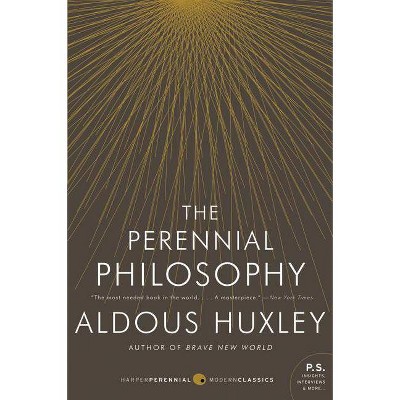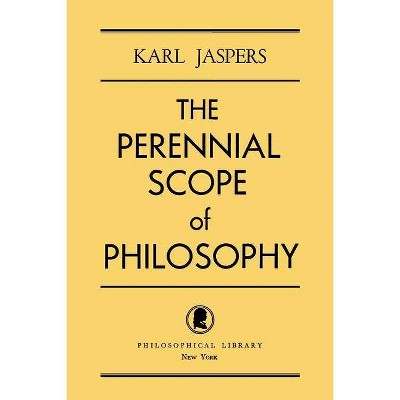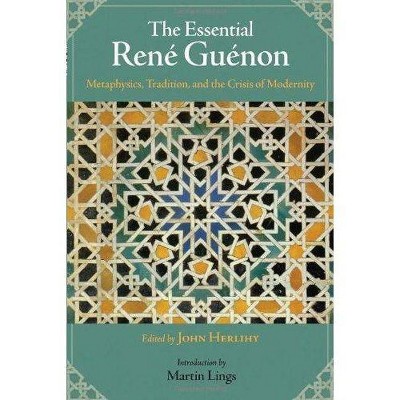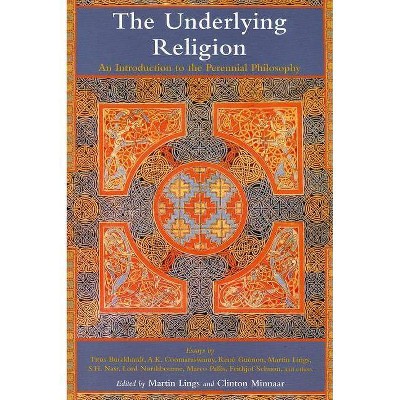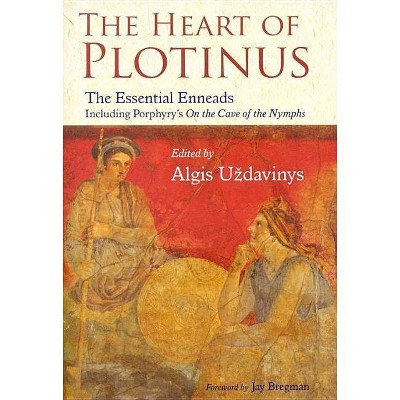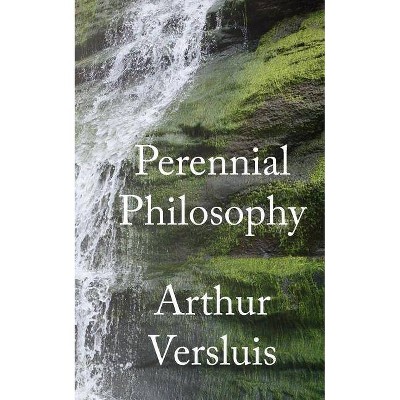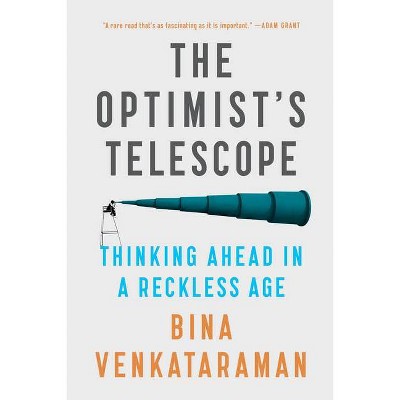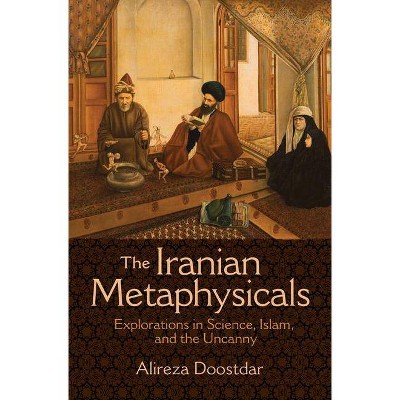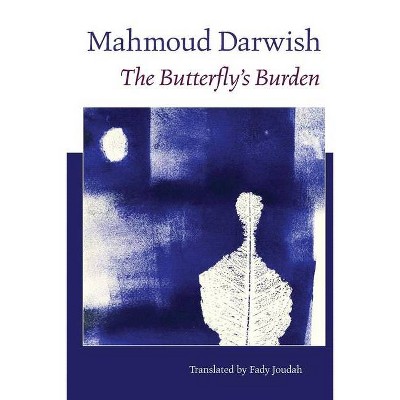Philosophy of Science in the Light of the Perennial Wisdom - by Mahmoud Bina & Alireza K Ziarani (Paperback)
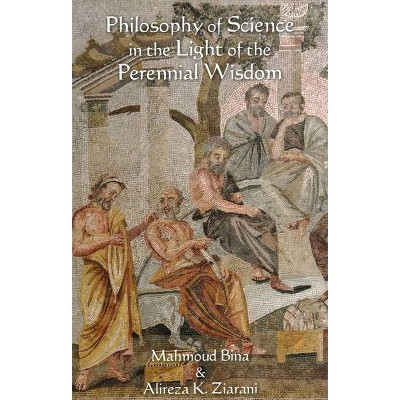
Similar Products
Products of same category from the store
AllProduct info
<p/><br></br><p><b> About the Book </b></p></br></br>"Backed by its technological achievements, modern science appears as the de facto source of truth to the majority of our contemporaries. Its sole reliance on reason and empirical data gives it an air of objectivity that has conferred upon it an almost unquestioning authority. Against the backdrop of this pervasive scientism, Philosophy of Science in the Light of the Perennial Wisdom is a daring attempt to offer an intellectual critique of modern science in its foundation by rigorously examining the intrinsic limitations of rational thought and empirical investigation. Unique of its kind, this book offers a refreshing look at the traditional doctrines of epistemology and metaphysics as an antidote to the subjective as well as objective errors of modern science, which is thus revealed as no more than a belief system that falls radically short of offering a full knowledge of reality; this, in contrast to the perennial wisdom of the world's great religions that for millennia have offered humankind not only keys to true knowledge, but also the means of attaining it, which precisely constitutes man's reason for being"--<p/><br></br><p><b> Book Synopsis </b></p></br></br>Backed by its technological achievements, modern science appears as the de facto source of truth to the majority of our contemporaries. Its sole reliance on reason and empirical data gives it an air of objectivity that has conferred upon it an almost unquestioning authority. Against the backdrop of this pervasive scientism, Philosophy of Science in the Light of the Perennial Wisdom is a daring attempt to offer an intellectual critique of modern science in its foundation by rigorously examining the intrinsic limitations of rational thought and empirical investigation. Unique of its kind, this book offers a refreshing look at the traditional doctrines of epistemology and metaphysics as an antidote to the subjective as well as objective errors of modern science, which is thus revealed as no more than a belief system that falls radically short of offering a full knowledge of reality; this, in contrast to the perennial wisdom of the world's great religions that for millennia have offered humankind not only keys to true knowledge, but also the means of attaining it, which precisely constitutes man's reason for being.<p/><br></br><p><b> Review Quotes </b></p></br></br><br>"A foundational work on the philosophy of science from the perspective of the perennial philosophy, this is a truly comprehensive analysis of the relationship between science and religion with clear answers to fundamental questions. I highly recommend it to all students and scholars."--Shantia Yarahmadian, Associate Professor of Mathematics, Mississippi State University<br><br>"Here is a refreshingly direct and crisp critique of the limitations of modern science and the pretensions of scientism. This precious book may serve as a genuine guide for the perplexed in clearing the ground for a rediscovery of sacred science and perennial wisdom."--Patrick Laude, Professor of Theology, School of Foreign Service in Qatar, Georgetown University<br><br>"This book is a critical comparison of the tenets of modern science with traditional teachings about science. . . . Conceptual clarity, didactical presentation, and fearless and irrefutable deductions make for an enjoyable, challenging, and most satisfying reading. A thought-provoking, enriching MUST for anybody seeking knowledge."--Andrea Vasella, Professor Emeritus of Organic Chemistry, Swiss Federal Institute of Technology, Zurich<br><br>"This book is a must-read for science and engineering students and scholars. With an extensive knowledge and experience in science and philosophy, the authors of this intellectually stimulating book situate modern science in its broader context, offering essential keys to total and plenary knowledge."--Maryam Rahnemoonfar, Associate Professor of Information Systems, University of Maryland, Baltimore County<br><p/><br></br><p><b> About the Author </b></p></br></br>Mahmoud Bina was born in Tehran, Iran, in 1938. He received a doctorate in philosophy from the University of Göttingen, Germany, in 1969, and subsequently a master's degree in mathematics from the University of Lausanne, Switzerland, in 1973. He taught a wide range of courses in mathematics as well as philosophy of science at Isfahan University of Technology, Iran, from 1977 until his retirement in 2006. Dr. Bina and his wife live in Isfahan, Iran. Alireza K. Ziarani was born in Tehran, Iran, in 1972. He studied mathematics at McGill University, Canada, and later engineering at the University of Toronto, Canada, where he received a Ph.D. degree in electrical and computer engineering in 2002. A tenured faculty member at Clarkson University in Potsdam, New York, he taught courses in engineering and science before leaving for the private sector in 2009. He currently resides with his wife in Bloomington, Indiana.
Price History
Price Archive shows prices from various stores, lets you see history and find the cheapest. There is no actual sale on the website. For all support, inquiry and suggestion messagescommunication@pricearchive.us
